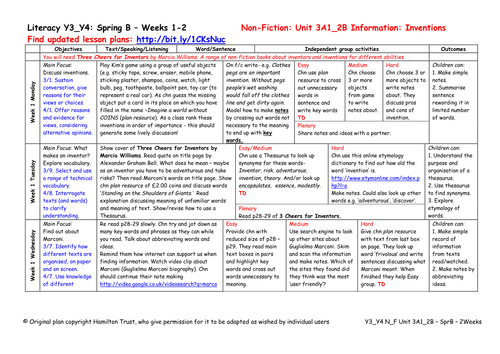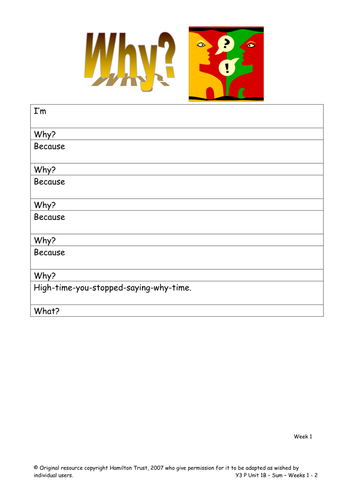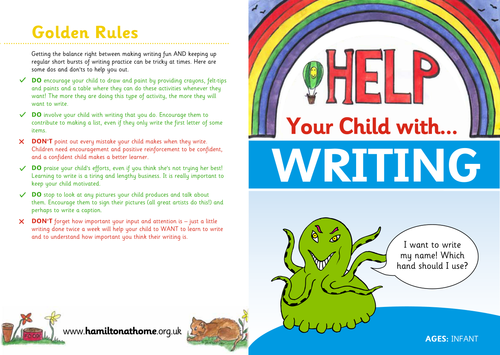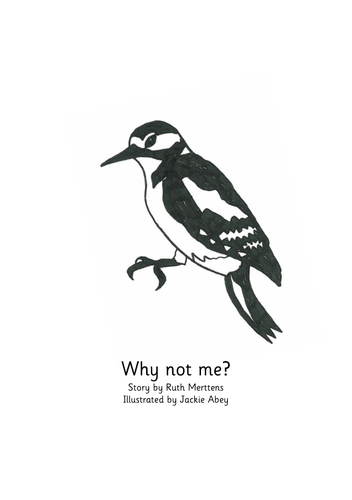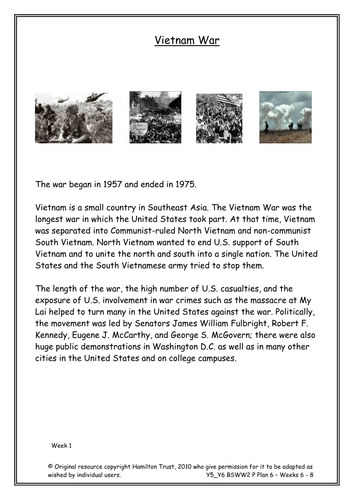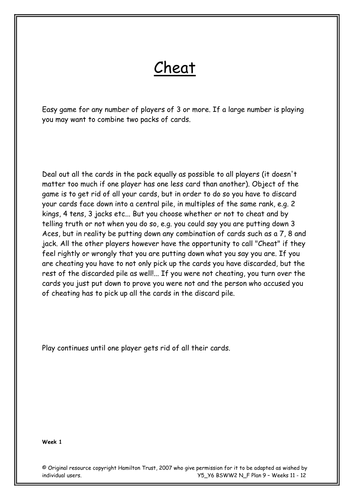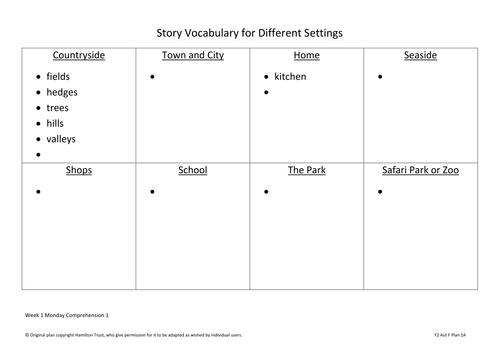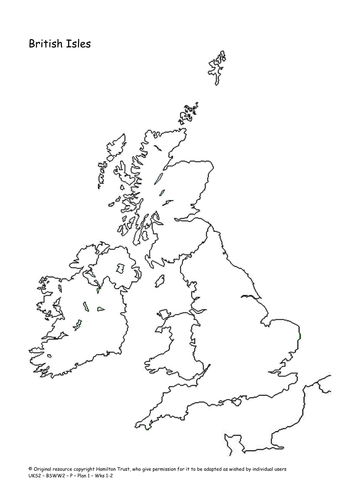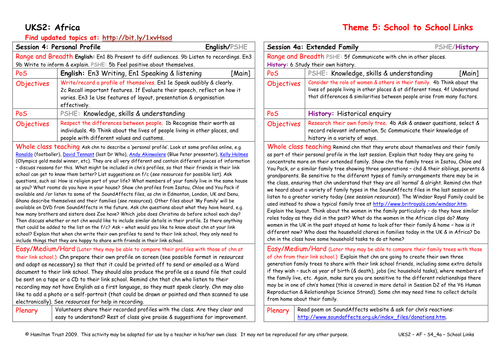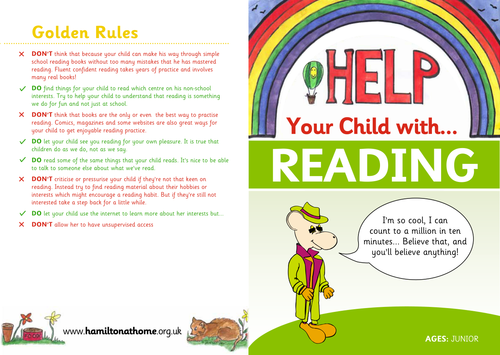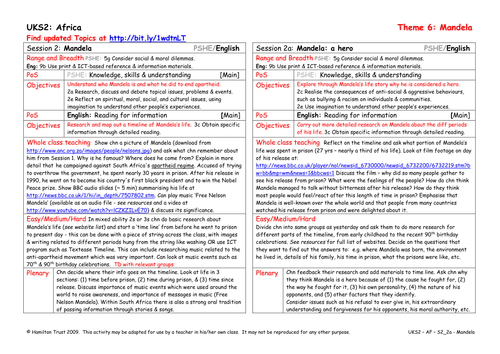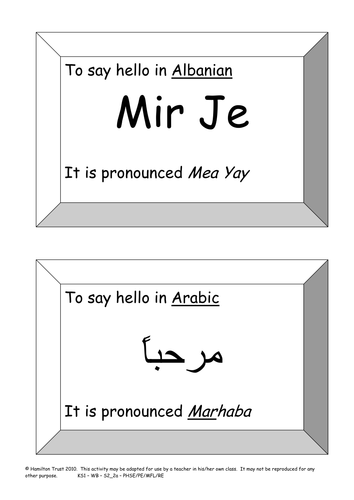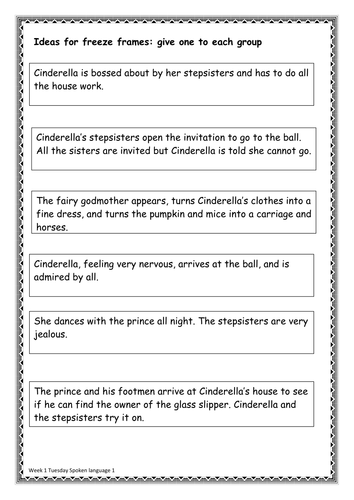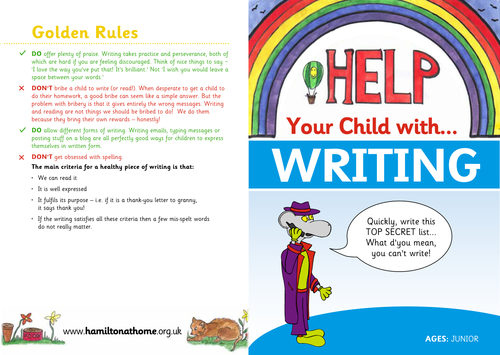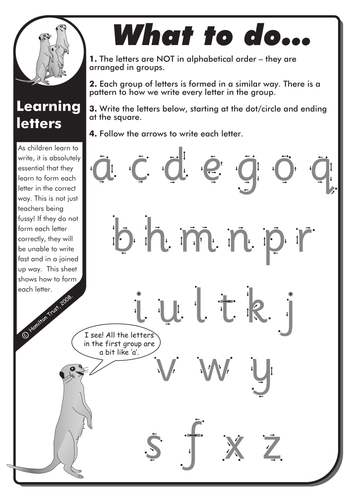
397Uploads
10017k+Views
11627k+Downloads
English

Yr 3/4 NF Unit 3A1-2B Information: Inventions
Explore how to find and present information about inventors and inventions. Give a talk as part of a group. Watch and listen to inventors explaining their ideas online. Make notes and contribute to a creative class book about inventors.

Erosion
Children consider the different types of erosion, water, wind, glacial, sea and soil.
In groups each with a different type of erosion children research for information and then draw cartoon strips explaining how the types of erosion occur.

Year 3/4 Fiction 5: Adventure stories
Using The Hodgeheg by Dick King-Smith, children look for examples of adverbs and adverbial phrases. They memorise a section of dialogue and use it as a basis for their own writing. In the second week the focus is on complex and compound sentences as children write an animal adventure story.

Yr 3 Unit 1B Performance and Favourite poets
Two fun weeks of performing and reviewing poetry. Children read, listen to, write, learn and perform simple ‘conversation’ poems.
They study and discuss a wide range of poems and write a review. A class book of favourite poems is made!

Year 2 Fiction 3: Traditional tales from other cultures
Read and compare Hansel and Gretel by Anthony Browne, and Baba Yaga and the Stolen Baby by Alison Lurie, Francis Lincoln, and Baba Yaga by Tony Bradman using drama and story maps. Discuss joining sentences using or, and or but. Children write witch stories using story pegs to plan. Introduce some 'story language' and encourage interesting endings. Hamilton Group Reader, Why Not Me?, is used to build confidence in reading aloud.

Song lyrics Weeks 6 - 8
This unit is all about having fun with iconic song lyrics!
Children will explore underlying themes and influences in key songs by the Beetles and Bob Dylan before composing their own song lyrics about current issues that are important to them.

Instructions and Explanations Weeks 11 - 12
Wake-up to the 21st century with instructions for computer games, mobile phones and explanations for blogs and podcasts.
Children write a booklet for their granny, giving instructions and explanations to fit her for life in 2010!

Year 2 Fiction 1: Stories in familiar settings
Explore familiar settings through Margaret Mahy's story A Lion in the Meadow, You Choose by Nick Sharratt and There’s No Such Thing as a Dragon by Jack Kent. Children generate ideas and plan a story about an animal that lives in their house under the stairs. There is a focus on using simple punctuation and story problems and solutions.

Poetic style Weeks 1 - 2
Read and analyse poems from Benjamin Zephaniah’s We are Britain. Discuss the style, language and content of his poems and investigate rhymes. Children write their own poems in the style of BZ’s The British and Body Talk and a fact file about the poet.

Personal Profile
Use celebrity profiles to decide what children might include in their personal profile to introduce themselves to their link school friends. Listen to Ghanaian children describing themselves and their families. Prepare own profiles on screen or as recordings.

Windrush Migrants
Listen to a poem written by an immigrant on the SS Windrush. Discuss how he felt about leaving his home and the reactions of some British people. Children compare the climate in the Caribbean with that of Britain and write imaginary letters home from a migrant.

Selling Your Eco House
Estate agents are people who help us to sell our houses. Children will design an Estate Agents brochure to help them to sell their eco house. Discuss the use of persuasive writing. Create three forms – brochure, newspaper ad and online brochure.

Mandela: A Hero
Look in more detail at Mandela’s life and in particular share with children a film of his release from prison. Reflect on reasons why Mandela is considered a hero by so many people all over the world. Add further details to the timeline.
Suitable for years 5 and 6.

Learning new ways to say Hello
Learn another circle game and then find out lots of different ways to say hello. Practice saying hello making good eye contact. Work as part of a group to make a ‘hello’ flag. Teach the new hello to the rest of the class.

Year 1 Fiction 5: Fairy stories
Use three traditional tales to study characters and settings, sequence events, tell oral stories and plan new versions of old favourites. Use story maps to retell tales. Children write a story based on a traditional tale using adjectives and compound sentences. The plan uses Snow White in New York by Fiona French. Hamilton Group Reader Billy Dogs Gruff is used to build confidence in reading aloud.

Persuasion/ Argument Weeks 9 - 10
What is censorship? Join the BBFC, become a film examiner and argue your case to classify film clips.
Present reasoned decisions as ‘black cards’ to be shown before the film! Participate in debating a scenario relating to film classification.

Year 1 - Fiction 1: Stories with familiar settings
Use the story of Knuffle Bunny, by Mo Willems, to inspire children to write a story about their favourite soft toy. Practise forming upper and lower case letters. Use capital letters for names and to start sentences. Investigate words ending in 'le' and words containing /oy/.

